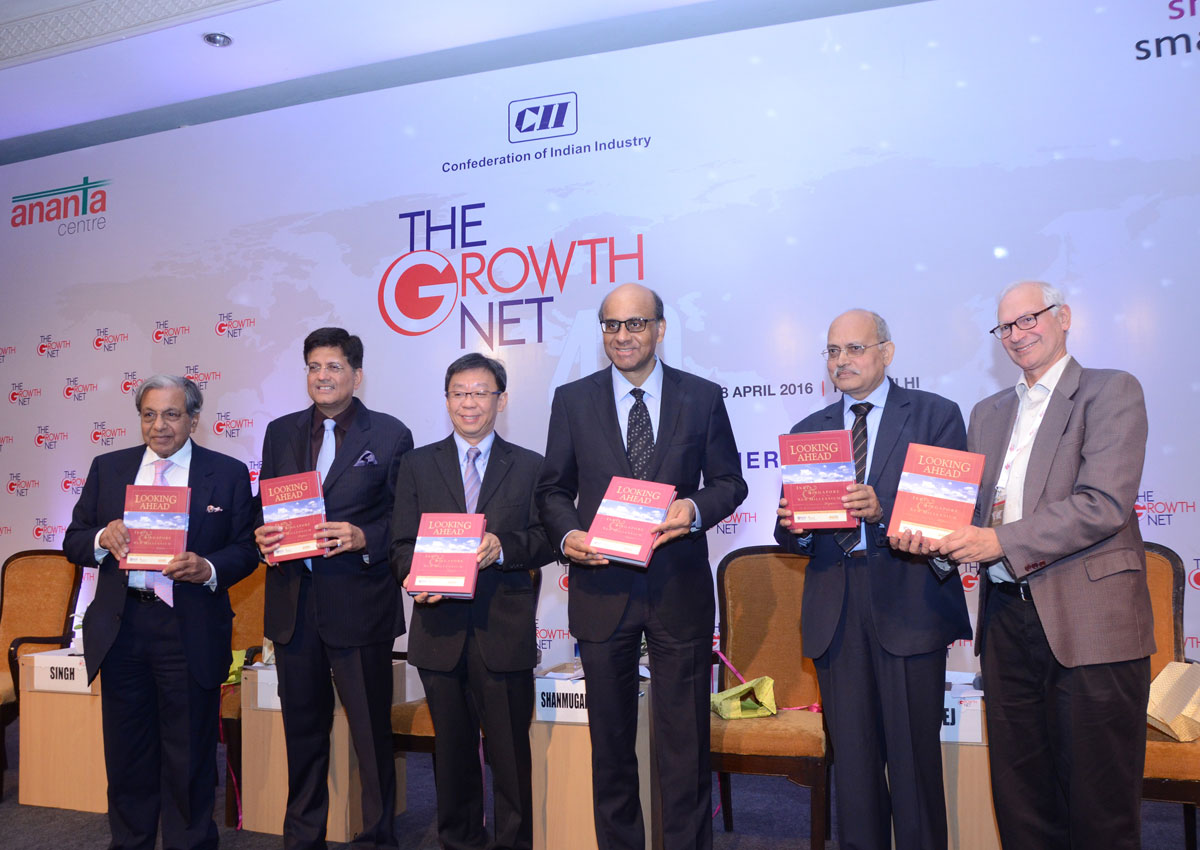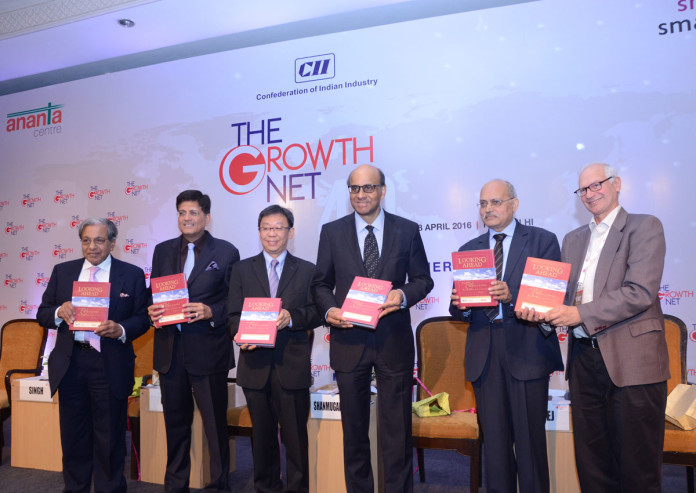India and Singapore have revised a bilateral tax treaty to allow India to impose capital gains tax on Singapore’s investment from April next year and to abolish all exemptions within two years.
This applies to capital gains tax exemption of the company’s shares, currently Singapore’s investment in India.
Singapore’s Treasury (MOF) said in a statement that a visit to Singapore’s Deputy Prime Minister Tharman Shanmugaratnam and Indian Finance Minister Arun Jaitley yesterday finalized the terms of the revised bilateral double taxation treaty.
The two sides also agreed to a series of joint initiatives to promote bilateral investment, with a view to the conclusion of an agreement in the second half of next year.
Under the amended terms, capital gains tax exemption for shares purchased before 1 April 2017 will remain unchanged, the Treasury said.
For shares acquired on or after April 1, 2017, capital gain would be taxed at 50% of the Indian domestic rate if capital gains were incurred between April 1, 2017 and March 31, 2019.
Mr. Jaitley said at a press conference that after 31 March 2019, all capital gains tax would go to India.
This year India is expected to re-draft a 33-year-old tax treaty with Mauritius this year.
A tax treaty between India and Singapore stipulates that any changes to the Mauritius Treaty will automatically apply to Singapore.
Mr Jaitley said the move was designed to help plug the abuse of the double tax avoidance treaty in terms of cash flow and money laundering.
Mauritius and Singapore account for a large share of all FDI inflows to India, and the Times of India reported that companies around the world have diverted funds through the two countries to avoid taxes.
India and Singapore share a close political and economic link, the two countries signed a comprehensive economic cooperation agreement in 2005 after the rapid growth.
Singapore remains one of the largest investors in India, the largest foreign direct investor in India, with $ 13.7 billion ($ 19.8 billion) from April last year to March this year.
In October this year, after Prime Minister Lee Hsien Loong’s visit to India, the pace of negotiations to revise the tax treaty accelerated.
Speaking in India, he said, Singapore does not tolerate any money laundering or round-trip.
The Government of India also withdrew its capital gains tax exemption for Cyprus.
It is understood that India believes that it can not be an exception to Singapore.
Mr Jaitley said the removal of the capital gains exemption for the three countries was in line with the government’s drive to black gold, which led to the non-monetization of the currency.
“The re-examination of these arrangements is very important, with the black currency currently fighting in India, which is a happy coincidence, by revising them this year, we are able to give a reasonable burial black money route,” he said.
gnirmala@sph.com.sg

This article was first published on Dec 31, 2016.
Get a copy of The Straits Times or go to straitstimes.com for more stories.






